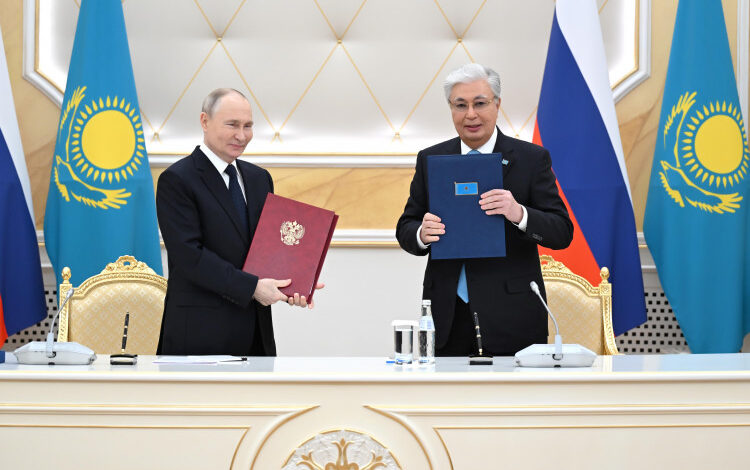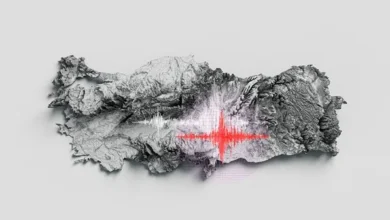
The signing took place during Putin’s official visit to Kazakhstan, where he was warmly welcomed by Tokayev at the Akorda Presidential Palace in Astana.
In his remarks, Tokayev described Russia as a “reliable strategic partner and ally,” while Putin referred to Kazakhstan as “a trusted friend and the closest ally.” Following their discussions, the two leaders signed a joint statement focused on deepening their strategic partnership in light of the new global challenges.
The key area of focus in their talks was the economy. Tokayev emphasized the importance of boosting bilateral trade, noting that Russia is one of the top three investors in Kazakhstan’s economy. He also pointed out that Kazakhstan had become one of Russia’s five largest trading partners for the first time in the history of their bilateral relations. He expressed confidence that their mutual trade volume would exceed $30 billion in the near future. Additionally, Tokayev highlighted that Kazakhstan’s direct investments in Russia have surpassed $8.5 billion, with nearly 24,000 Russian-owned companies operating in Kazakhstan.
Both leaders acknowledged the absence of unresolved issues between the two countries. Tokayev underscored that Kazakhstan and Russia engage in cooperation across all sectors, with no areas left untouched. Putin, on his part, noted that the joint declaration sets ambitious goals for the governments of both countries.
The importance of cooperation in the energy sector was also emphasized. Putin outlined that over 80% of Kazakhstan’s oil exports are routed through Russian infrastructure, while Kazakhstan’s oil also transits to China via Russia. Furthermore, Russia now imports coal from Kazakhstan, and as of last year, began exporting natural gas from Kazakhstan to Uzbekistan through Russian pipelines.
The two leaders also discussed advancements in peaceful nuclear research, as well as joint projects in transportation and space exploration. Over 20 cooperation agreements were signed across various sectors, including energy, customs, health, tourism, education, law, construction, ecology, transportation, and logistics.



